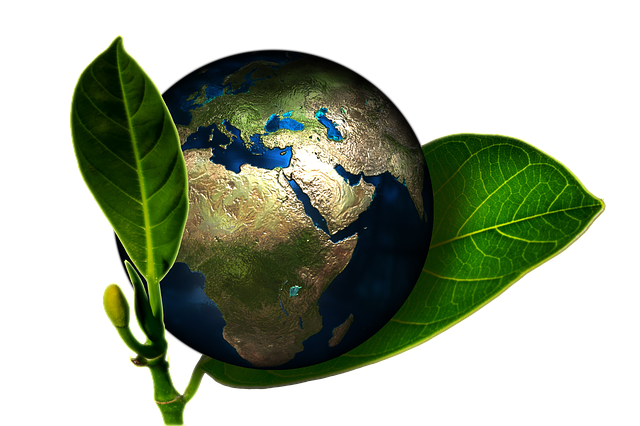Earth Day 2024: What you need to know!
April 18, 2024
Earth Day 2024: What you need to know!
A Call to Action for Plastic Reduction.
Before I jump into the theme of Earth Day 2024, I wanted to share these alarming findings.
As the climate crisis becomes ever more serious, each Earth Day that comes along takes on extra significance. Established in 1970 in the US, the annual event brings together millions of people from around the world in support of the environment, highlighting the urgent action we need to take to save our planet.
Earth Day 2024 comes as a worrying new report found that global concentrations of carbon dioxide, methane, and nitrous oxide—the top three heat-trapping gases—reached a record high again in 2023. Meanwhile, a separate study found that Antarctica saw an astonishing rise of 38.5 degrees Celsius above its average seasonal temperature back in 2022, leading to major concerns about the alarming rate at which global warming is affecting our planet.
If we as humans want to live healthy lives we have to create an environment that supports that goal. We are living in a toxic soup and wondering why there are so many people that have chronic health challenges today!
- Infertility
- Obesity
- Hormone Issues (Men and Women)
- Diabetes and Insulin Resistance
- Lung Cancer
- Heart Disease
- Childhood adverse effects
Earth Day 2024: A Call to Action for Plastic Reduction
As we commemorate Earth Day in 2024, the urgency to address environmental challenges has never been more pronounced. One of the most pressing issues we face today is plastic pollution. Our oceans, landfills, and even the air we breathe are increasingly burdened with plastic waste, posing a significant threat to ecosystems and human health alike.
The theme for Earth Day 2024 is Planet v Plastics, highlighting the fact that 380 million tonnes of plastic are now produced every year—while only 9 percent of plastic ever produced has been recycled. Campaigners are now calling for a 60 percent reduction in plastic by 2040.
“Earth Day 2024: Slash Plastic Waste with These 5 Tips”
Thankfully, Earth Day serves as a powerful reminder that each of us can make a difference through simple yet impactful actions. One crucial step we can take is to reduce our reliance on single-use plastics in our daily lives. We have to pay attention and be mindful as everything seems to be extra packaged today.
Here are some practical tips on how individuals can contribute daily to this important and necessary call to action.
1. Embrace Reusable Alternatives: Invest in reusable items such as water bottles, coffee cups, shopping bags, and food containers. By opting for durable, eco-friendly alternatives that are better for our health, we can significantly reduce the amount of plastic waste generated.
2. Say No to Straws: Plastic straws are among the most common items found in beach clean-ups and marine environments. Choose to forgo plastic straws altogether or switch to reusable options like stainless steel or bamboo.
3. Choose Package-Free Options: Whenever possible, opt for products with minimal or no packaging. Buying in bulk and choosing products with biodegradable or compostable packaging can help reduce plastic waste.
4. Proper Recycling: While recycling is essential, it’s equally important to do it right. Educate yourself about local recycling guidelines and ensure that items are clean and properly sorted to maximize their potential for reuse.
5. Spread Awareness: Use your voice to raise awareness about the harmful effects of plastic pollution and the importance of reducing plastic consumption. Share tips and information with friends, family, and inspire others to take action.
Earth Day 2024: A Call to Action for Plastic Reduction
By making conscious choices to reduce plastic usage in our daily lives, we not only contribute to cleaner oceans and landscapes but also set a positive example for future generations. Let’s seize the opportunity this Earth Day to pledge our commitment to a more sustainable and plastic-free future. Together, we can make a difference—one small change at a time.
Have a healthy week and support your environment! This is a must if we want to sustain health!
Dr Pia
